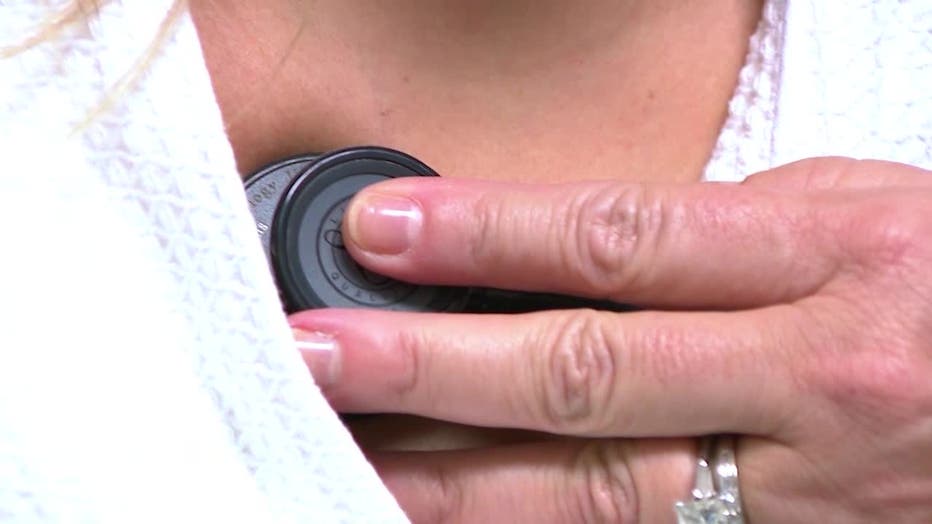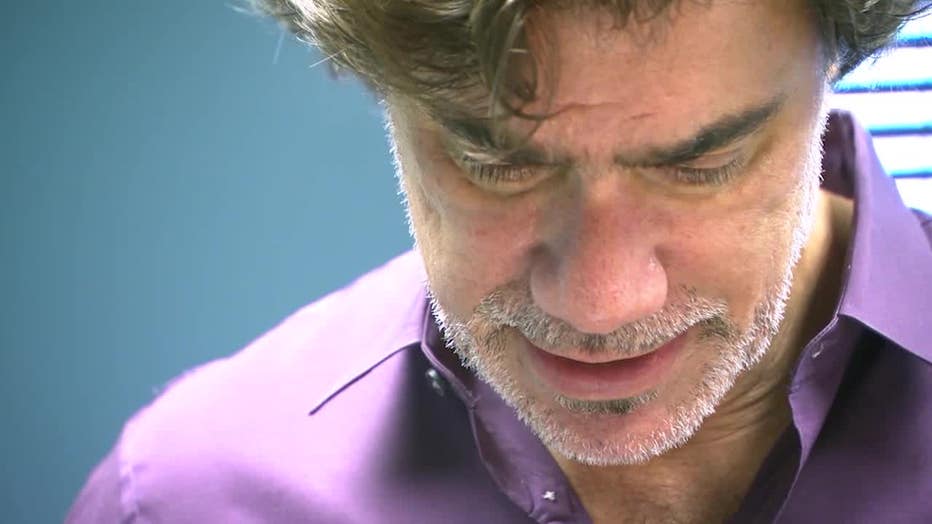Atlanta doctor nixes insurance, offers $100 a month unlimited primary care

Georgia doctor nixes insurance for flat-rate fee
Highland Urgent Care and Family Medicine's Dr. Nick Beaulieu he would no longer accept insurance, but instead would offer unlimited office visits for $100 per month. The pros and cons of deal.
ATLANTA - Last fall, Highland Urgent Care and Family Medicine's Dr. Nick Beaulieu announced to his patients as of December 1, 2022, his Atlanta practice would no longer accept private insurance.
Instead, he told them, he was switching to a fee-based system: unlimited care for $100 a month.
"You need to call me, call," Dr. Beaulieu says he told his patients. "You want to text, text. You need to come in, I'll see you as many times as you need to come in."
They call this direct primary care.
For $100 a month, or $1,200 a year, Highland's patients can come in as often as they would like.
"You need to come in 12 times, no problem," Dr. Beaulieu explains. "There's no co-pay to try to limit you coming in. There's no co-insurance to make it sting because you wanted to see your doctor. There's no deductible to be met."
Beaulieu is part of Pear'd, a network of six metro Atlanta primary care clinics, all of them connected to urgent care clinics, that have switched to the direct care or fee-based model.

Under the current system, primary care providers typically reimbursed on a fee-for-service model, based on the number of patients they treat, and the number of procedures they perform.
"The entire model is based upon treating disease because that's where the money is," Beaulieu says. "We've got to see between 25 and 30 patients in an 8-hour period, in order to make the quotas that are imposed upon us by employers like hospitals," Beaulieu says.
By getting rid of the insurance middlemen, he says, he no longer has to see up to 30 patients a day.
"I get to see 10," Beaulieu says. "Most time, when I see you, I'm going to have half an hour, 45 minutes, an hour to see you."
Dr. Harry Heiman, is a clinical professor at Georgia State University's School of Public Health, who practiced family medicine for 20 years in Marietta, Georgia.
Heiman says many primary care providers are struggling.
"I think doctors are under tremendous pressure," Dr. Heiman says. "And it's time pressure, it's economic pressures."
Much of the pressure, Heiman says, comes from the problematic way primary care doctors are reimbursed.
"We have a fee-for-service system that it is inherently toxic and aligns incentives around dollars and not around patients," Dr. Heiman says.
The reimbursement system, he says, leaves primary care physicians with little time to spend with their patients.
"The more patients you see, the more revenue you can generate," Heiman explains. "So, there's choice there. And, the other thing driving volume is we have a profound shortage of primary care providers."

So, Heiman says, he understands why some primary care doctors are moving towards concierge or direct care medicine.
Still, the trend troubles him.
"The reality is, in doing that, they're pricing out those people that need primary care the most," he says. "They're pricing out low and middle income people. They can't afford that additional $1,200 a year. And, I think that's very problematic."
Even with unlimited primary care, both doctors point out patients will still need a catastrophic health insurance plan to cover a major medical emergency or serious illness, like cancer.
The direct care model also does not include specialty care beyond primary care.
If you need labs, Beaulieu says, they have negotiated lower fees with specific providers.
However, Dr Beaulieu says the direct care model takes the insurance "middlemen" out of the picture and buys him time to focus on keeping his patients healthy.
"When you see in 30 patients a day for seven minutes, you don't know your patients and you really can't help," Dr. Beaulieu says. "We want to produce something between two people who have equal investment in the process."

